Book Review of All the Rivers Run South by Ouyang Yu
Li Xinxin and Huang Zhong
Ouyang Yu’s latest novel, All the Rivers Run South (ARRS), is a literary tour de force that deftly weaves elements of metafiction, historical narrative and cultural critique. Through shifting narrative voices and a non-linear storyline, Ouyang Yu offers readers a multifaceted exploration of identity, migration, and the complex interaction between the East and West.
At the heart of ARRS are two intertwining narratives. The first follows Zhang Baohui, a PhD student in creative writing, who is working on a novel about Chinese gold diggers in Australia during the gold rushes of the 1850s. The second narrative delves into the life of Ah Sin, the protagonist of Zhang’s novel, whose experiences as a Chinese immigrant in Australia shed light on the harsh realities of cultural displacement, language barriers and racial discrimination. Through Ah Sin’s story, the romanticised allure of gold-digging is shattered, revealing the struggles and tribulations early Chinese immigrants to Australia have experienced.
Zhang Baohui’s narrative is both introspective and critical, offering a meta-commentary on the act of writing and construction of cultural narratives. Sensational tales from ancient Chinese books, Chinese history and Ah Sin’s narratives blend with shifting voices, creating a complex labyrinth of texts that both confuse and captivate readers.
ARRS addresses a broad array of themes, from the personal to the philosophical. One of the central themes is the search for identity and belonging. Both Zhang and Ah Sin grapple with their sense of self in a foreign land, navigating the tension between their cultural heritage and the demands of their new environments. Ouyang Yu uses the motif of river to symbolise the characters’ journeys, both literal and metaphorical, towards self-discovery and reconciliation.
The novel also delves into the theme of cultural representation. Through Zhang’s writing and Ah Sin’s storytelling, Ouyang Yu explores how narratives about China are constructed and consumed by Western readership. The depictions of China in ARRS range from the exotic and despotic to the ‘wise’ and elegant, reflecting the complexities and contradictions inherent in cross-cultural perceptions.
The characters in ARRS are richly developed and deeply humane. Ah Sin’s journey from China to Australia and back to China is marked by loss, resilience and a quest for understanding. His relationship with his wife, Ciara, and their daughter, Na Za, adds emotional depth to his narrative, highlighting the personal cost of migration and cultural integration.
The character of Zhang Baohui is equally compelling, serving as a lens through which Ouyang Yu examines the act of storytelling itself. Zhang’s struggles with his PhD thesis, his reflections on writing and marketing, and his eventual tragic decision to end his life show a stark contrast with Ah Sin’s story which ends with hope and expectation.
Ouyang Yu’s prose is both lyrical and incisive, capturing the nuances of his characters’ inner lives and the broader cultural landscapes they inhabit. His use of metafictional techniques, such as shifting narrative voices and a non-linear timeline, adds layers of complexity to the story, inviting readers to engage critically with the text.
The novel’s bilingual elements—shifting between Chinese and English—showcase the characters’ linguistic and cultural negotiations. Ouyang Yu’s masterful use of the Chinese language creates a ‘defamiliarising’ effect that not only adds an exotic touch to the narrative but also challenges the hegemony of standard English.
ARRS offers a nuanced portrayal of China, oscillating between a land of ancient wisdom and a country of brutal despotism. Through Ah Sin’s storytelling, readers are introduced to a range of Chinese cultural practices, from opium smoking and foot-binding to traditional folktales and Confucian philosophy. These elements serve to both exoticise and humanise China, challenging simplistic Western stereotypes while acknowledging the country’s time-honoured history.
The historical context of Chinese migration to Australia during the gold rushes provides a poignant backdrop for the novel, highlighting the challenges faced by early Chinese immigrants as well as their contributions to Australian society. Ah Sin’s experiences reflect the broader historical narrative of Chinese diaspora, marked by resilience, adaptation and cultural exchange.
All the Rivers Run South is a great novel that offers a rich, multifaceted exploration of identity, migration and cultural representation. Ouyang Yu’s remarkable ability to weave together historical narrative, metafiction and cultural critique makes ARRS a compelling and thought-provoking read. His lyrical prose and insightful commentary on cultural narratives invite readers to reflect on their own perceptions and assumptions about identity and cultural stereotyping. All the Rivers Run South is not just a story about individual journeys but a profound meditation on the interconnectedness of human experiences across time and space.

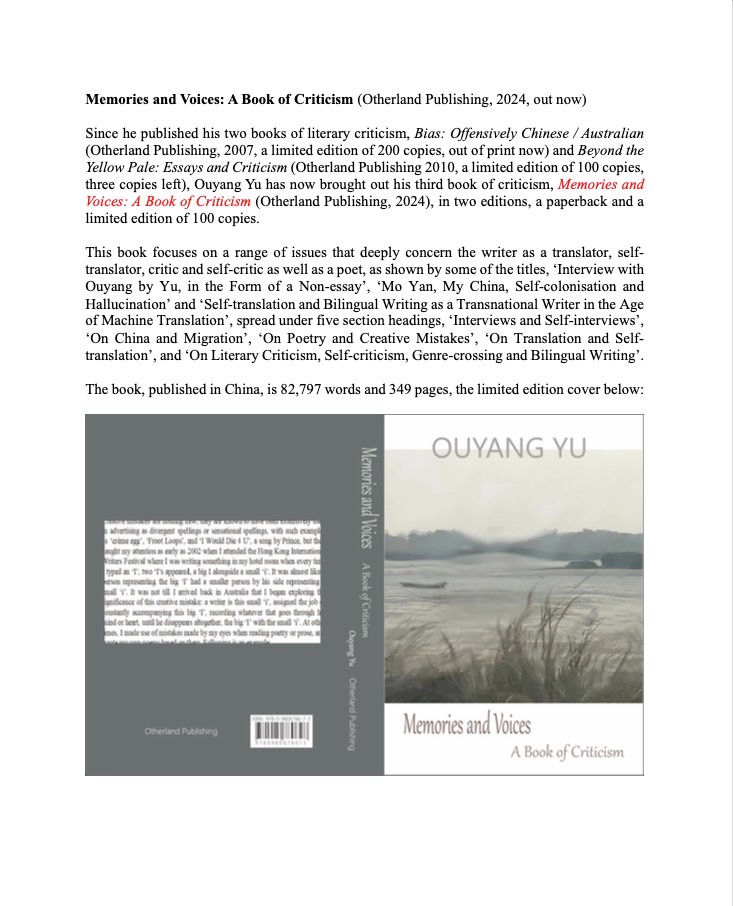
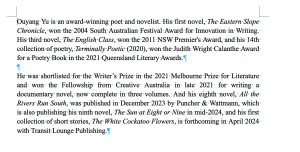
![《干货》(第三卷)[Dry Stuff, No. 3], out now](https://huangzhouren.com/wp-content/uploads/2023/09/Screenshot-2023-09-20-at-16.26.07.png)
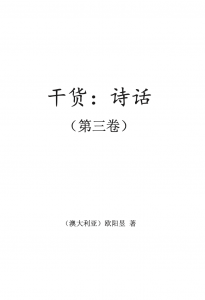
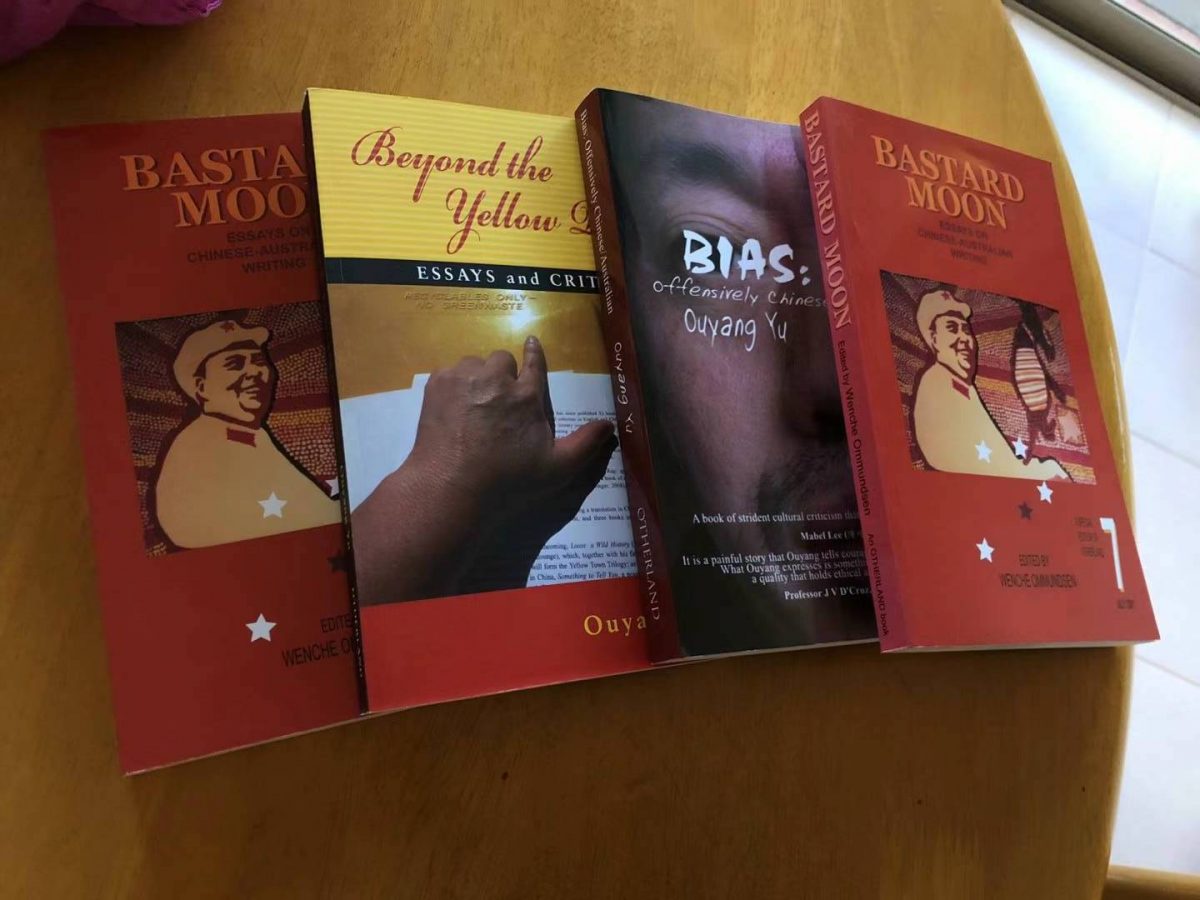
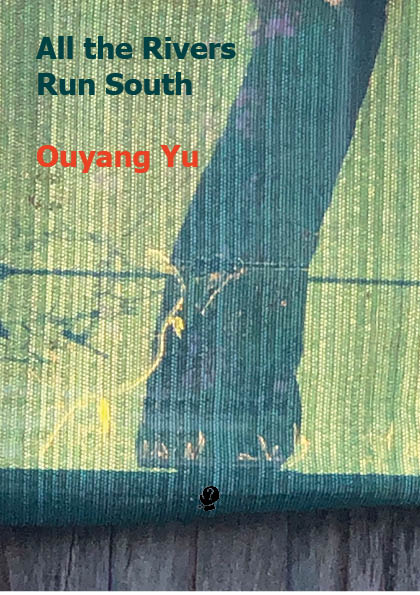
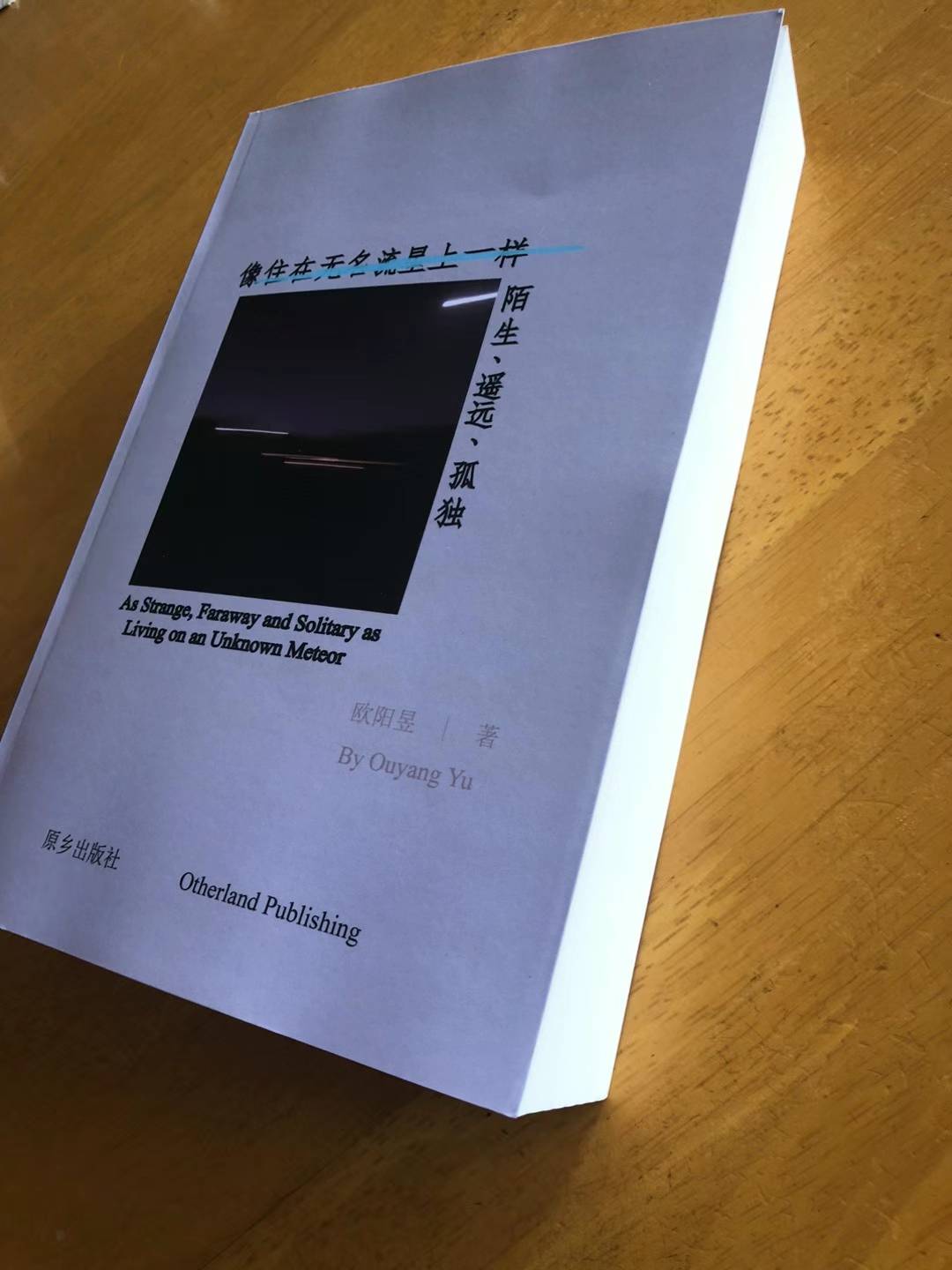
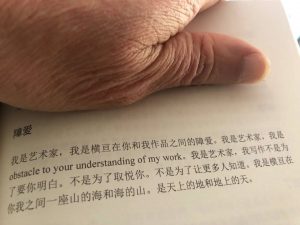

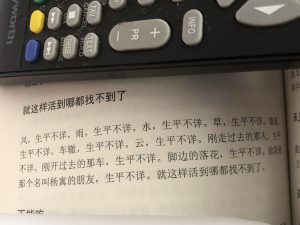
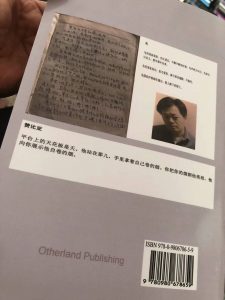
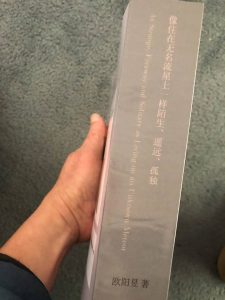
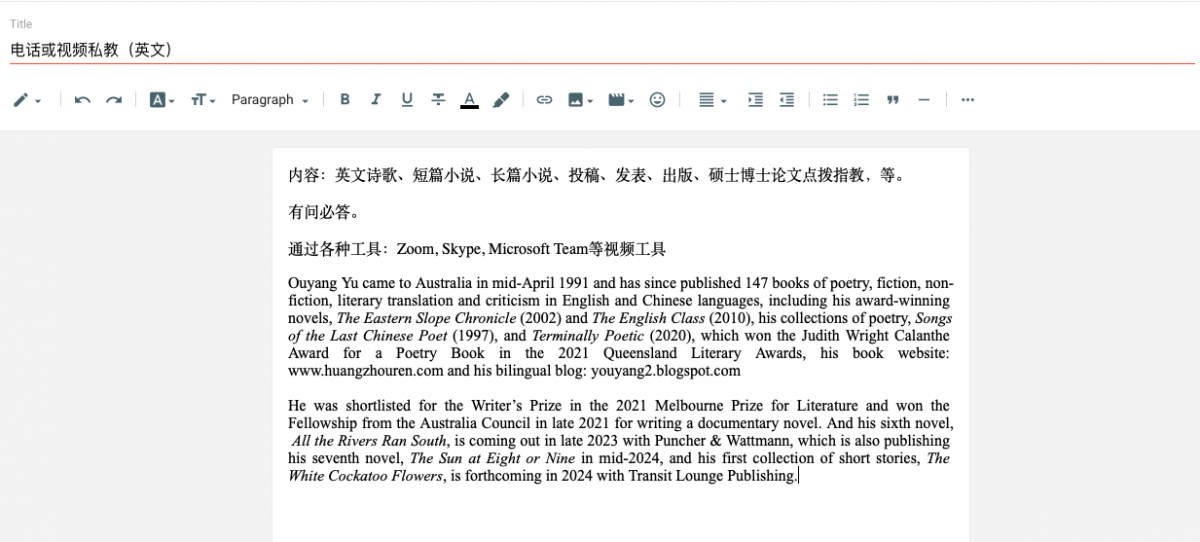
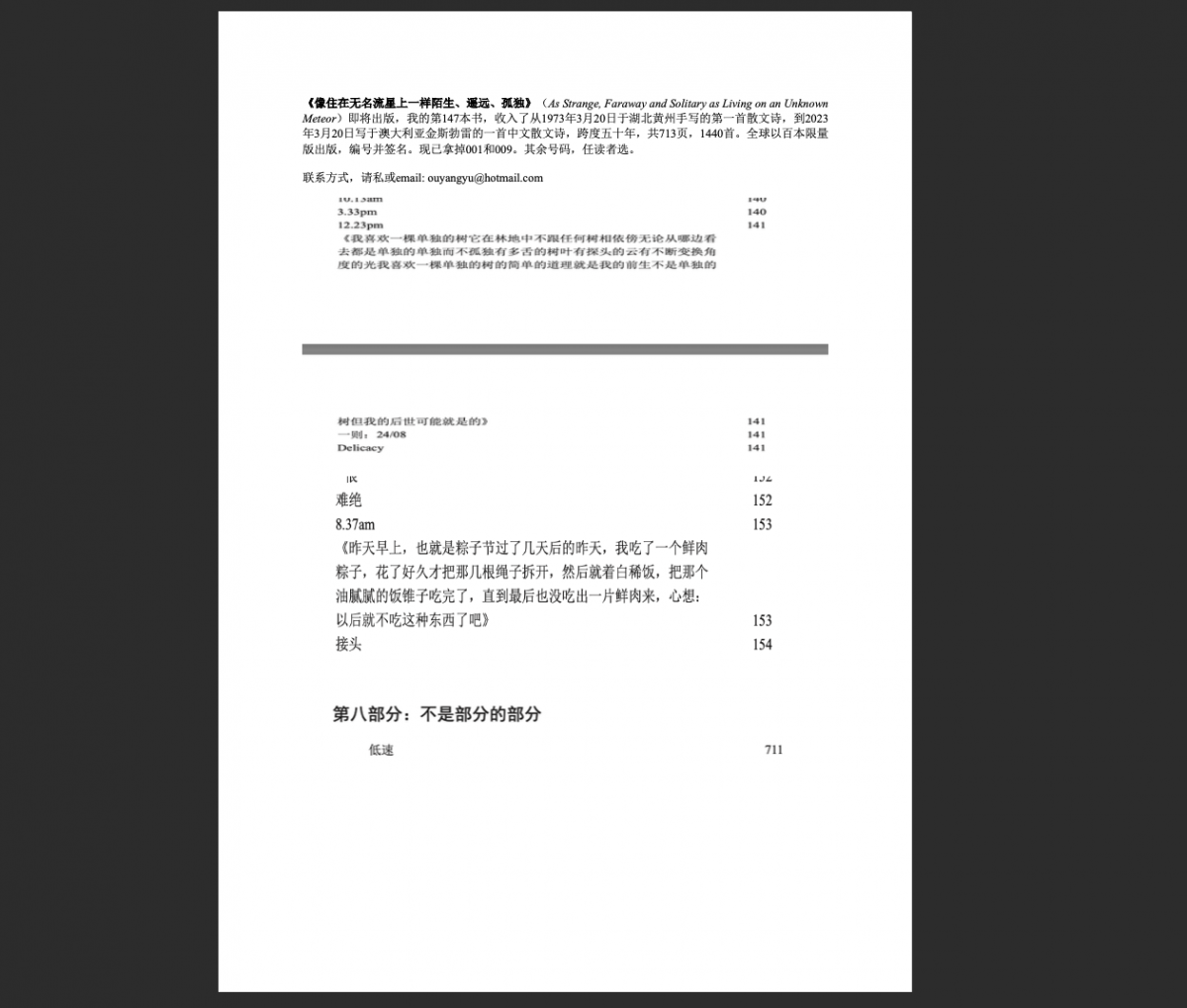
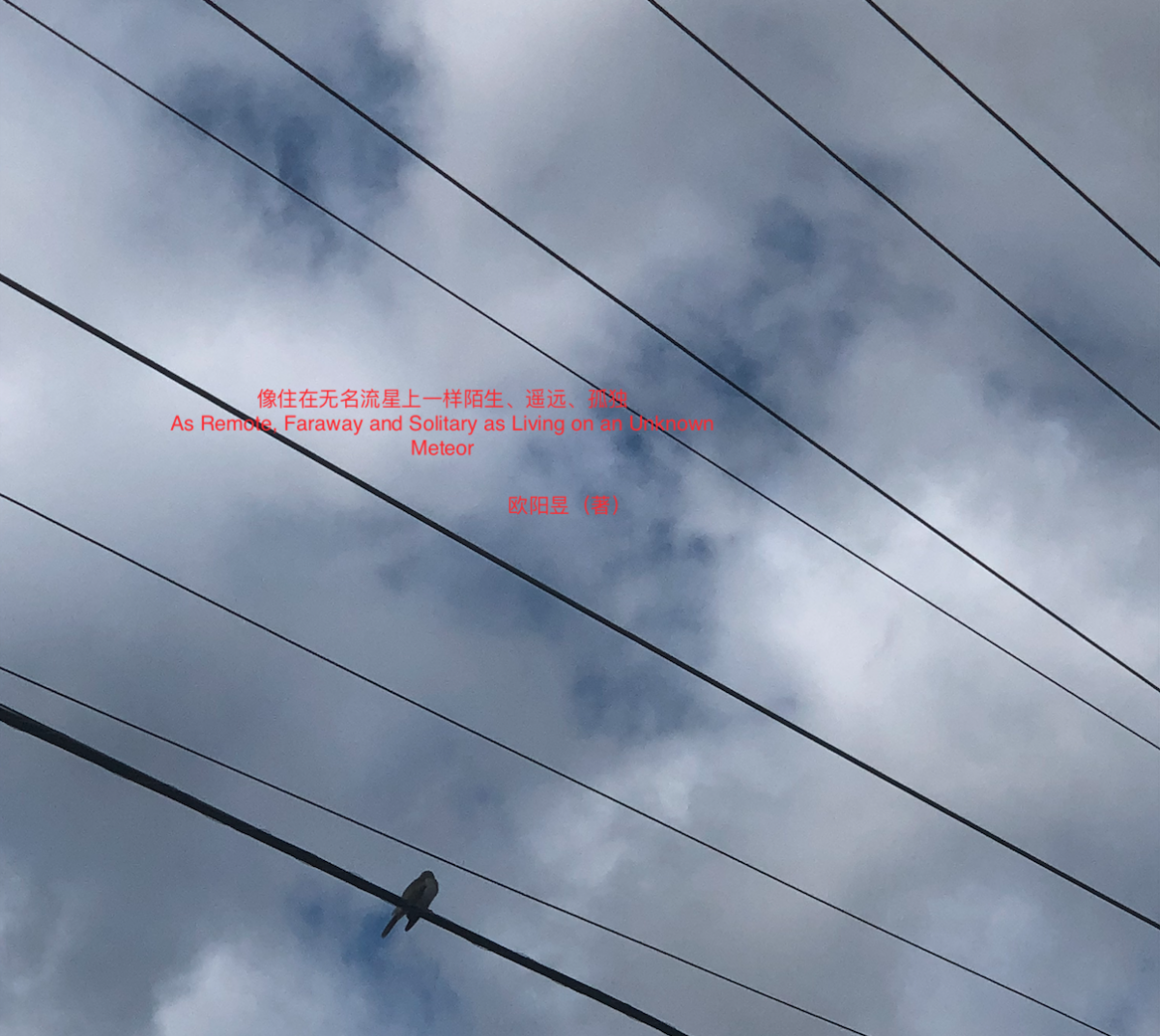
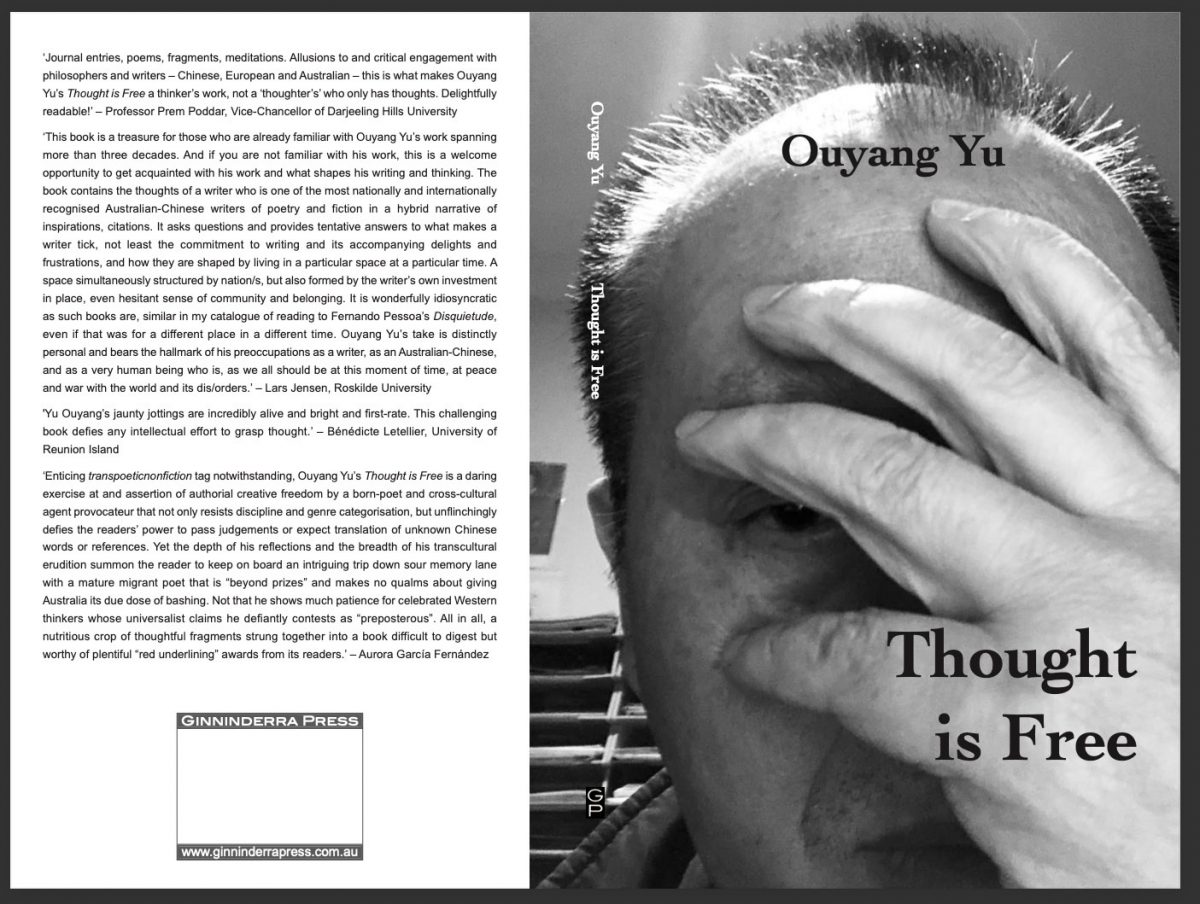




 Users Today : 5
Users Today : 5